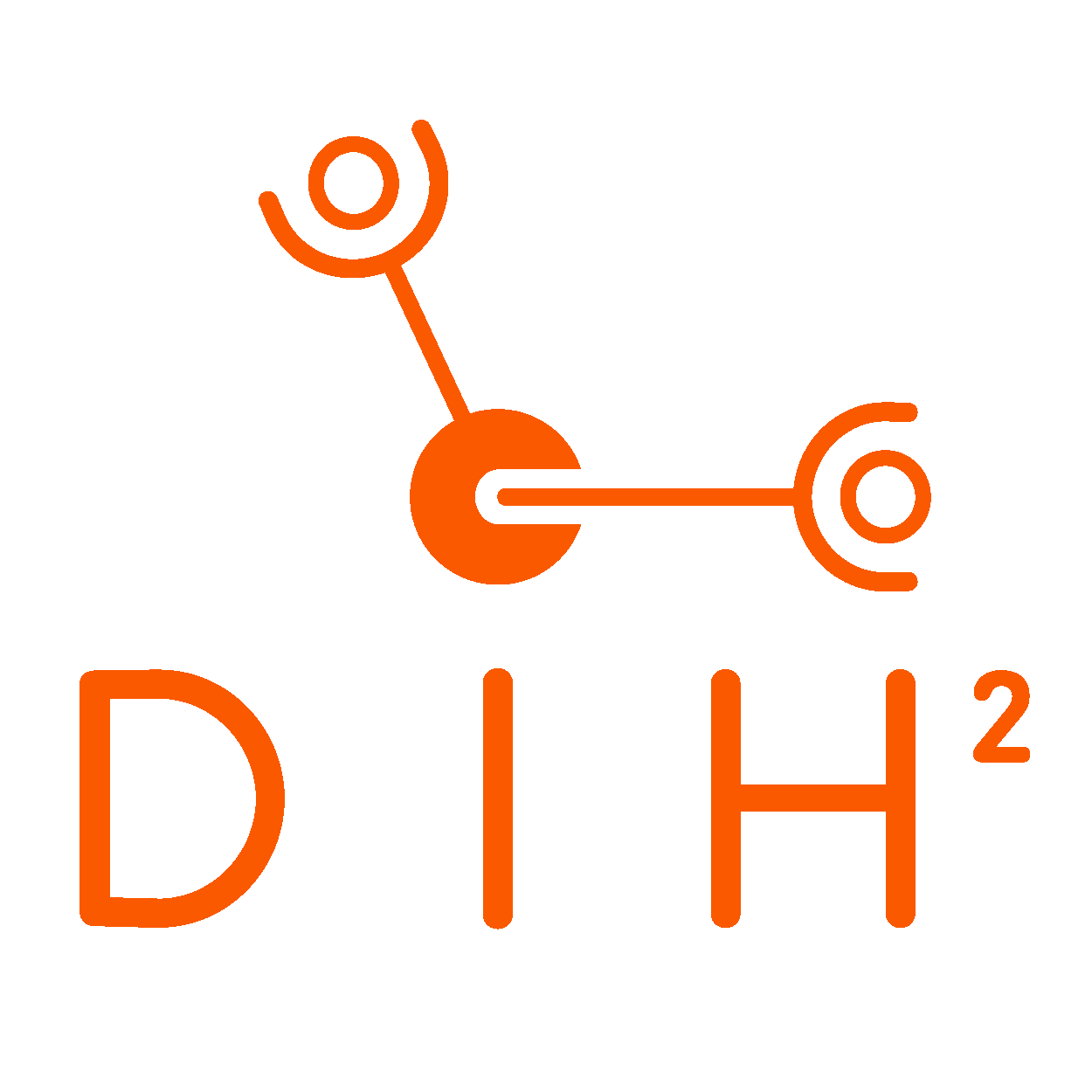Václav Helán 

At what stage did you know you wanted to be involved with robotics?
Technology, computers, and natural sciences have been my hobbies since my childhood. After finishing my studies in chemistry at Brno University of Technology, I worked in a few companies as a software developer, systems architect, and project manager. I learned robotics and automation mostly in my free time and gained experience on the job.
You come to DIH² through your role with INTEMAC. What can you tell us about INTEMAC?
INTEMAC is a research and innovation centre focused on supporting industrial manufacturing SMEs in advanced and sustainable production in order to strengthen their competitiveness. We strengthen SMEs production potential by helping them successfully integrate elements of the Industry 4.0 concept in their production. We strive to trigger innovation efforts among the technology providers based on understanding their customers’ main requirements to create new original solutions for agile manufacturing.
We additionally support manufacturing companies by offering consulting programs in digitalization, automatization, and production processes and INTEMAC is also a place for R&D, testing, the demonstration of various technological solutions, and training of companies. All of this is enabled by our technology platform Testbed. We focus a lot on interconnection and networking among SMEs and the technology partners of INTEMAC. What is also important is that INTEMAC is an essential part of the innovative ecosystem platform of the South Moravian Region which is very dynamic and puts a lot of emphasis on innovation and R&D.
What’s exciting you in your job at the moment?
We’ve been running a project called “INTEMAC Machining cell 4.0”, and our partner companies B&R Automation and ABB have developed an API to easily control the robot from within a PLC program. What started as a side-product of our project is now commercially available under the name “ROBOTemplate” and applied around the world as an option to ABB robots.
Is there strong demand for digitisation in the Czech Republic and what sort of barriers are there when it comes to implementation?
We are absolutely seeing increased demand for robotization in Czech companies. The barriers are similar to those in other countries but the one we see repeatedly is a limited capacity in the workforce, especially when it comes to particular specializations.
The DIH² value proposition is that we ‘Accelerate factories through robotics’. What sort of challenges are you seeing when it comes to advancing agile production?
From my point of view, for companies – especially the bigger ones – being agile is against their nature. They tend to set-up processes for everything in order to optimize economic and performance KPIs, which is anything but agile. Changing this way of thinking is the biggest challenge.
One of the services we promoted through DIH² was Robot Days. But at INTEMAC, you took the concept further.
We continue to regularly hold Robot Days but last November (2022) we organized an event that we called the INTEMAC Inspiration Day, and in May of this year (2023) we held a Testbed Open Day EDIH-DIGIMAT. These bigger events help to showcase the newest technologies available for the manufacturing sector, explain what Testbed is about, and how it can help both manufacturing and technology companies. They also give us the opportunity to inform the audiences about the newest trends in manufacturing sector and they serve to bring the technological community together because for us, networking and inspiration is incredibly important.
As an original partner in DIH² how has INTEMAC benefited from being part of the Network?
We have made significant contacts with both Linz Center of Mechatronics and the Austrian Center of Digital Production in Austria, and with Krakow Technology Park in Poland. If it wasn’t for DIH2, we as institution would have never been able to get so close to the foreign manufacturing digital hubs and develop such a great relationship with the people working in these hubs. The process of building relationships with these foreign partners would otherwise have been much slower and much less effective. Interconnection within the DIH2 network has been fast and effective through this project.
As we come to the end of DIH² as a Horizon 2020 project, we are transforming into a stand-alone Network that will continue that goal to accelerate factories through robotics. We’re still looking to grow the membership – do you have any message for potential new members that would perhaps encourage them to join us in our mission?
INTEMAC would absolutely encourage other potential partners to join the Network. It provides know-how, expertise, inspiration and project opportunities and contacts to dozens of digital innovation hubs not just in the EU, but all over Europe.
Any last thoughts you’d like to leave us with?
Honestly, there is little that doesn’t. As I said, I was interested in technology from an early age and that has never stopped. What we are living through today in terms of technological development is simply fascinating. I believe the benefits that robotics can deliver are immense and will continue to improve human life – for example helping us taking care an aging population. And for sure industrial robots will make us economically more effective, taking over monotone, iterative operations, heavy loads manipulation and logistics, while at the same time providing constant quality and bigger through-put. For me personally it is incredible how programming methods are becoming more user-friendlier, so lower skilled people can teach robots how to weld or paint. However, I also think we need to be aware of the socio-economic impacts that may result from this. I saw a study in Germany that said 84 million jobs would be lost through robotization and 69 million created. That’s a gap of 15 million that potentially leads to more and more unemployed, or at best under-employed people in our societies. So, we need to have some big thinking here – should we tax robot ‘workers’ and redistribute that back to our citizens through some sort of universal income? Add to this concerns around cybersecurity and a general unease over AI. These are big questions for us that need to be addressedI think the whole industry has to think and be more human-centric. After all, the main reason we all work is to better the life of individuals and society. People need to see that their work is valuable and responsible. Let the robots do the work people don’t want to do, but let the people do the rest. Let’s make sure we use common sense and don’t over engineer the systems. A working human with all possible support from available technology is the most agile system conceivable..
Contact us if you are interested in becoming a member of the DIH² Network.
